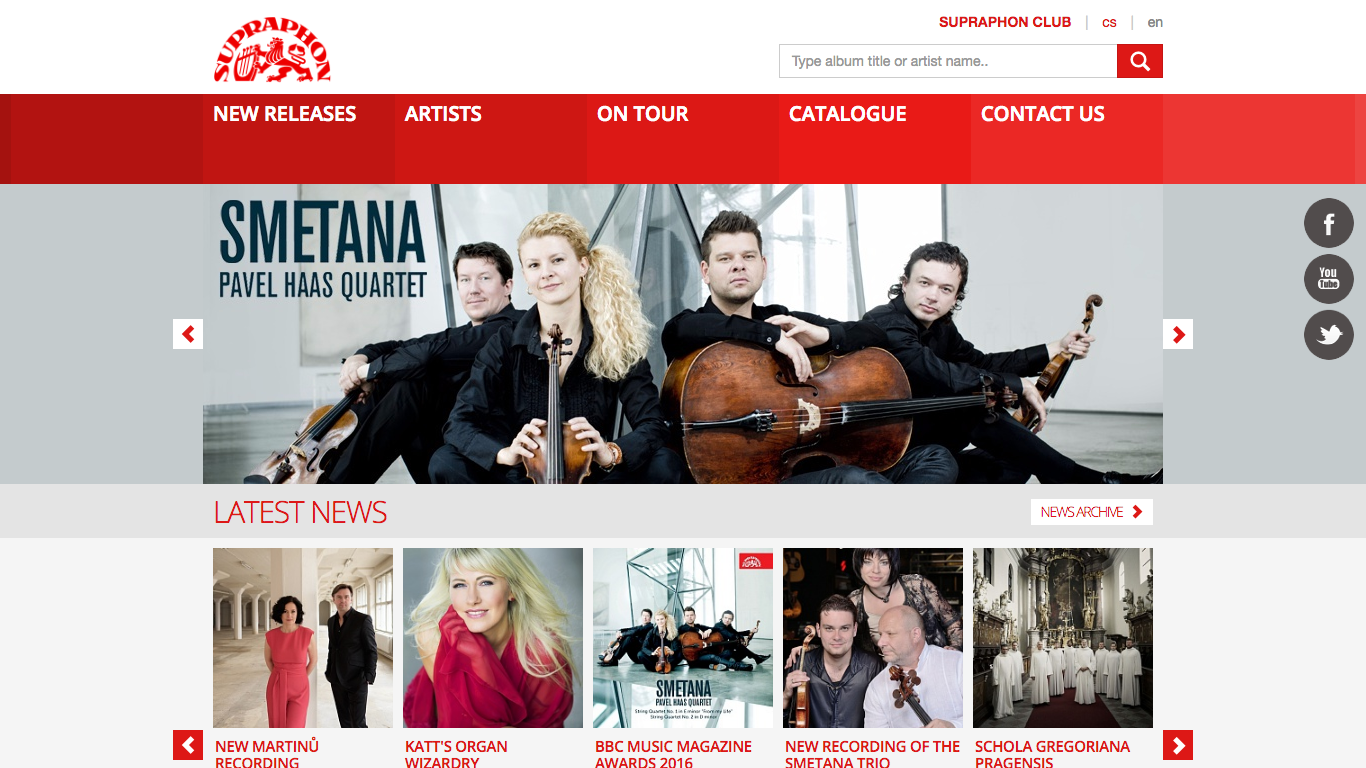Originally posted by doversoul1
View Post


 - as I said in #13, it's all part of the "build-up of excitement", the enjoyment of anticipation before seeing a production.
- as I said in #13, it's all part of the "build-up of excitement", the enjoyment of anticipation before seeing a production.





 . Many thanks to you and ferney.
. Many thanks to you and ferney.
Comment